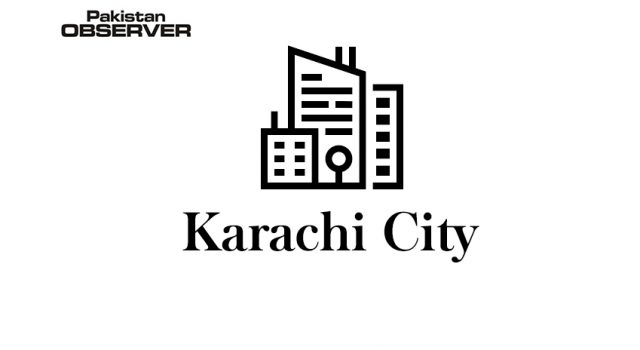Voices of faith communities, especially Muslims, are relatively silent in the global discourse on stem cell ethics, experts in the field of stem cell research say as they call for the inclusion of Muslim perspectives on the issue so that the guidelines and regulations can speak to all the contexts participating in or benefiting from the research.
With the developments in the stem cell technology, a fully functional heart or a liver prepared in the laboratory to replace diseased organs may not remain a distant possibility. Scientists in different parts of the world are pursuing this ambitious goal using stem cells – the raw material from which other cells grow.
But this promising journey is not as smooth as it may sound, for the conduct and application of stem cell research is ethically far more challenging and complex than other health science disciplines.Questions about the acquisition of stem cells and their potential use or misuse concern all communities around the globe.Therefore, global ethics forums, guidelines and regulations are in place to closely watch developments in the stem cell research.
How inclusive are these international forums of voices of diverse contexts remains debatable.A recent article published in the Stem Cell Reports highlights that the voices of faith communities, especially Muslims, are relatively silent in the global discourse on stem cell ethics.
The authors of the paper, who are members of an International Ethics Thinking Group, foresee that this inclusion can strengthen the understanding of ethical issues, improve global guidelines and regulations, enhance public engagement in ethics debates and policy development, and enable broader participation in the knowledge society.
“Religion provides the moral compass for addressing ethical issues in science and medicine for faith communities,” says Prof El-Nasir Lalani, professor emeritus at the Aga Khan University and one of the contributors to the paper..










